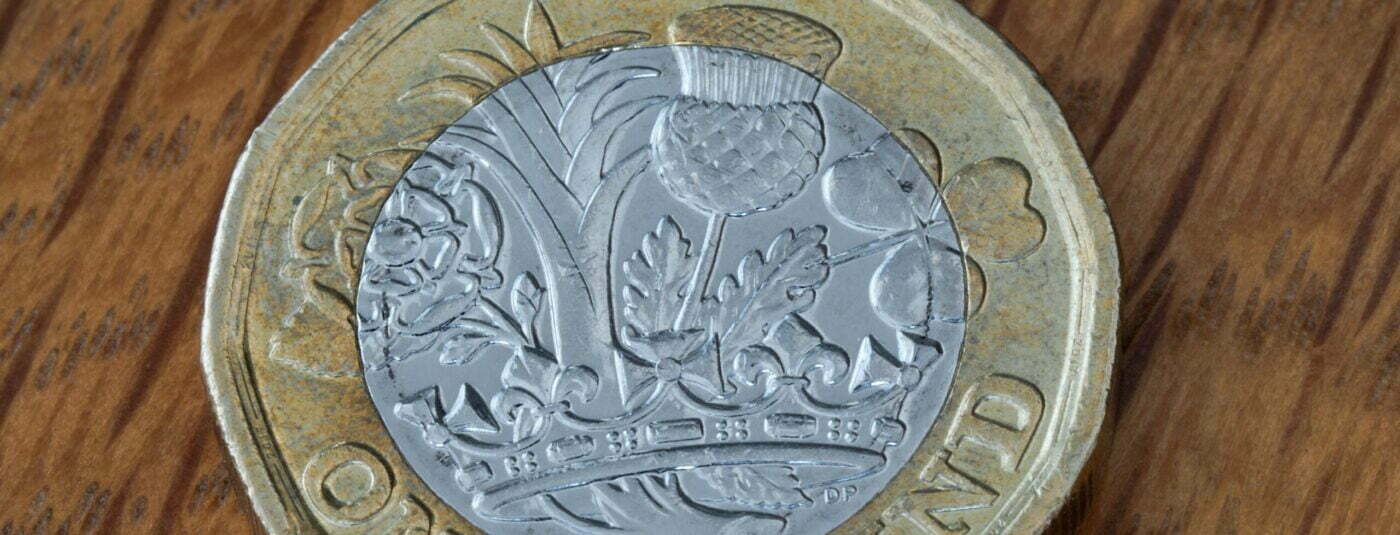Brainteasers
The Missing Pound
Three people check into a hotel room. The receptionist says the bill is £30, so each guest pays £10. Later the receptionist realizes the bill should have only been £25. To correct this, he gives the porter £5 to return to the guests.
On the way to the room, the porter realizes he cannot divide the money evenly among the three guests. As the guests didn’t know the total of the revised bill, the porter decided to just give each guest £1 and keep £2 for himself.
Each guest got £1 back: so now each guest only paid £9, bringing the total paid to £27. The porter has £2. And £27 + £2 = £29.
Where is the missing pound?
The confusion in the brainteaser comes from a misunderstanding of how to add up the money.
The guests originally paid £30, and £5 was refunded, bringing the actual room cost to £25.
The guests have £3 (£1 each returned to them), and the porter kept £2. The £2 the porter kept is part of the £27 paid by the guests (£9 per guest x 3 guests = £27). If you add the £2 the porter has to the £25 room cost, you get £27.
So you don’t actually have £27 + £2. The £27 already includes the £2 the porter kept. The missing pound is just a trick of the wording. The maths is correct.





















